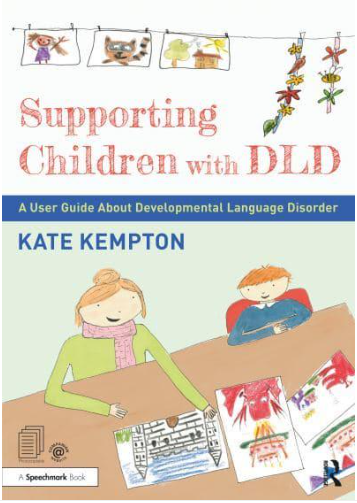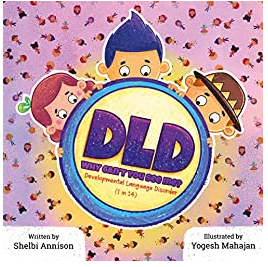SALT
Speech & Language Therapy (SaLT) at Kempshott Junior School
Speech and Language can have a big impact on a child’s performance in class. If they have a difficulty this may be why they find it harder to complete a task or interact with others. Mrs Tilley, a learning Support Assistant at Kempshott Junior School, specialises in supporting pupils who may be struggling with producing spoken language, or children having difficulty understanding spoken language.
How does support with speech work?
A child may arrive in Year 3 already following a speech programme from either their previous school, or from a Speech Therapist. We are able to continue supporting the child with this by having sessions with Mrs Tilley. She can then liaise with our link therapist at Hampshire Children’s Therapy Services to ensure that, when targets have been met, they can be reviewed. Therapist will sometimes also visit the school to review children and their speech targets.
Mrs Tilley works closely with teachers so that they can raise any concerns with a child’s intelligibility in class or interactions with their peers. We use a speech assessment programme from Speechlink Multimedia Company to indicate which sounds they are having a difficulty with. We can then use the programme to provide support for the child. These programmes usually last a term and will involve games and activities. We start with ensuring the child can hear the difference between speech sounds before working on producing the speech sounds in words and finally sentences. Each section of the programme has clear targets that need to be achieved before moving onto the next step.
If Mrs Tilley has any concerns regarding a child’s ability to produce a speech sound, then we are able to refer them directly to Hampshire Children’s Therapy Services.
Language therapy
We learn and gain new knowledge through listening to spoken language and reading written language. A language difficulty can be difficult to identify as you can’t always see when a child has or hasn’t understood.
At KJS we understand the impact a language difficulties or disorder can have on our pupils as they progress through the school. There is a link between language difficulties and literacy, paying attention and, in some cases, behaviour in class.
How do we support children with language therapy?
Early identification of a language difficulty or disorder, allows us to ensure measures can be put in place to support a child to make the best progress.
We screen all our new pupils when they arrive with us in Year 3, or if they join us in another year group, using a programme called Language Link from Speechlink Multimedia Company. Teachers can also raise concerns about a child’s understanding in class and request an assessment.
The assessment involves checking a child’s understanding in key areas:
Concepts
Negatives
Verb tenses
Complex sentences
Vocabulary skills (Association)
Narrative inference and Figurative language (from age 10 only).
From the assessment results, those children identified as having a difficulty will join language skills groups. These small groups are used to help the children to understand and/or use new concepts or vocabulary. Each week, the sessions will introduce them to a new concept or piece of vocabulary in activities or games that have been put together by Speech Therapists at Speechlink. The children need to understand the target concept and/or use target vocabulary with 80% accuracy. Any child who doesn’t achieve this will receive additional 1:1 support to cover those areas they found difficult.
At the beginning of each academic year, all the children who have been part of the language skills groups will be re-assessed to determine if they need to continue with the groups, or if they can receive the support in class instead. We also have the option to refer a child to Hampshire Children’s Therapy Services so that they can consider a review in school.
How can parents be involved with supporting speech & language?
There is no doubt that parent involvement can be key to children making the best progress. For this reason, we may send home with your child activities or games to play that support the work that we have been doing in our groups.
Also, through Speechlink Multimedia Company we have access to a ‘Parent portal’ on their website that contains lots of information about speech & language development and difficulties. We would encourage you to use the website not only to access activities but to listen to their blogs, watch videos about attention and listening or learn more about your child’s language development.
Supportive reading

Useful Links
Speech & Language Link
Speech and Language Link support children and young people with speech, language and communication needs.
Aiming to give families the confidence and skills to help a child facing challenged with talking and understanding words. Read advice on guidance around diagnosis, support available to you, and the education system.
Chatter Pack
‘ChatterPack’ is a voluntary community project, which offers free support for schools, parents and children with SEND. They have a wide range of resources including free websites, a monthly newsletter and lots of resources to support a wide range of Special Educational Needs.



